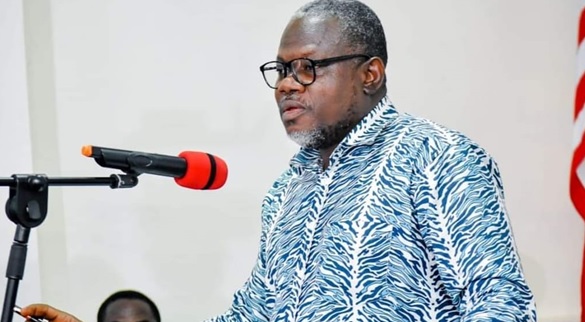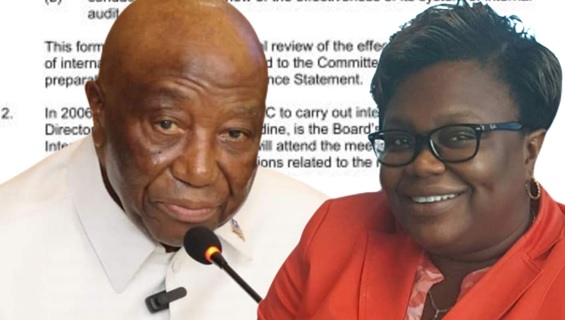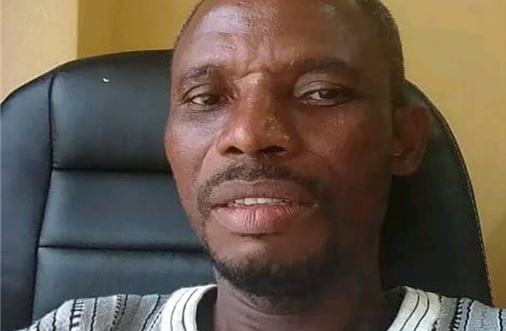MONROVIA – The Unity Party-led government, under President Joseph Boakai, has announced an ambitious target for Liberia’s upcoming national budget, aiming to reach USD 1 billion. The announcement was made by Information Minister Jerolinmek Matthew Piah during a press briefing on Thursday, August 15, 2024, following a special cabinet meeting held at the Executive Mansion.
Speaking to reporters, Minister Piah confirmed that President Boakai’s administration is committed to driving fiscal growth and setting a new standard for national revenue collection. The special cabinet session was attended by top government officials, including Vice President Jeremiah Koung, Agriculture Minister Alexander Neautah, and Commerce Minister Amin Modad, all of whom contributed to the discussions surrounding the budget.
Minister Piah explained that Liberia Revenue Authority (LRA) Commissioner General Dorbor Jallah had delivered a comprehensive presentation during the meeting, outlining strategies aimed at boosting revenue collection and meeting the ambitious budget target. Commissioner Jallah highlighted that achieving the USD 1 billion goal would require coordinated efforts between the LRA and various government institutions, stressing the importance of full governmental support to ensure success.
“Commissioner Jallah called for robust collaboration across ministries and agencies, recognizing that the only way to reach the USD 1 billion target is through concerted efforts,” Minister Piah stated. He also revealed that the Commissioner discussed innovative ways to expand revenue streams and reduce inefficiencies in the tax collection process.
President Boakai, according to Minister Piah, stressed the need for fiscal responsibility as his administration seeks to reshape Liberia’s financial landscape. The President underscored the importance of strengthening the country’s revenue systems to enhance economic stability and support critical public services.
Minister Piah emphasized that this new budget target reflects the Boakai administration’s determination to drive economic growth and increase investment in sectors such as agriculture, infrastructure, and social services. With this target, the government aims to expand the fiscal space needed to address national development challenges while promoting transparency and efficiency in public financial management.
This significant shift in budgetary ambition signals the administration’s resolve to push Liberia towards greater financial independence and create a stable foundation for long-term economic development. The challenge, however, lies in how the government will execute these plans and whether the target can be met within the upcoming fiscal year.
As the Boakai administration prepares for this major financial overhaul, the next few months will be crucial in determining whether these bold targets can be turned into actionable outcomes that benefit the Liberian people.







